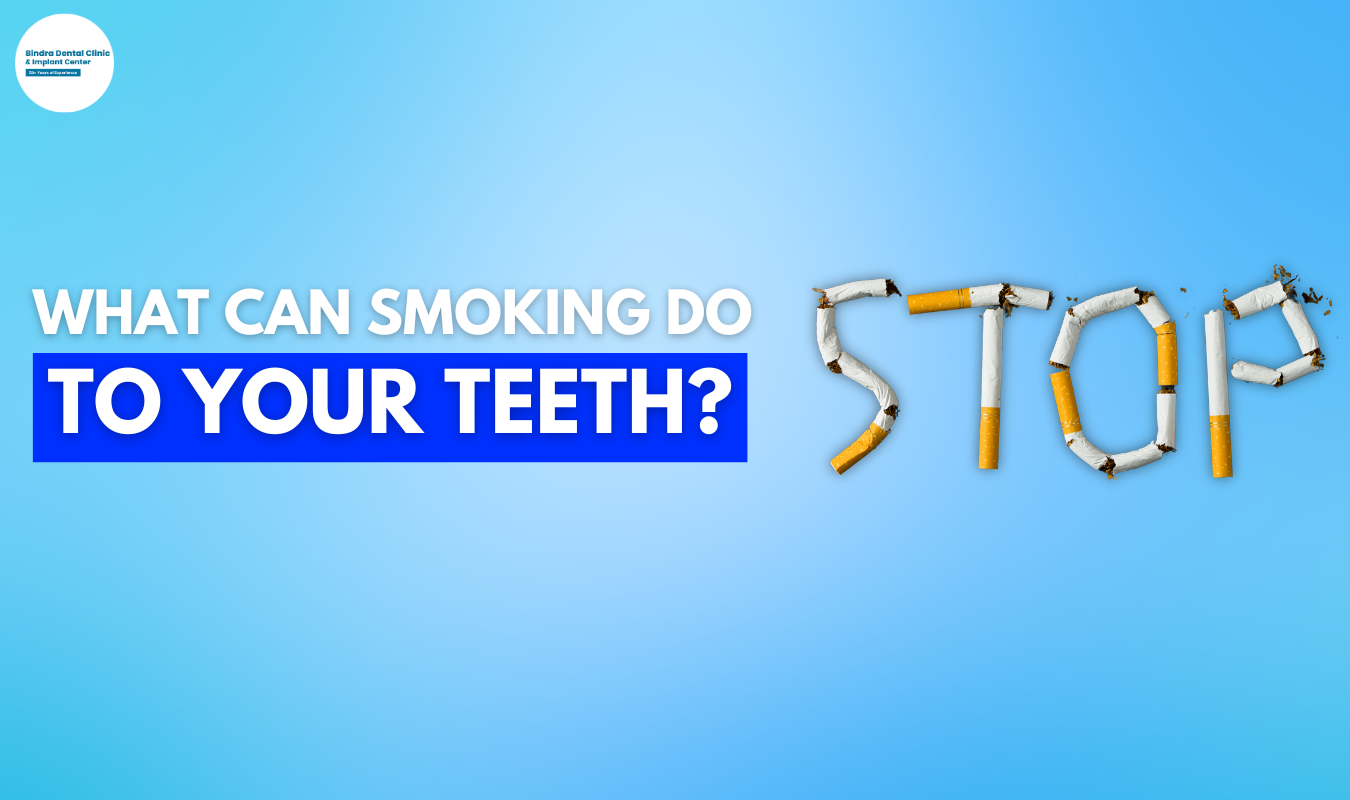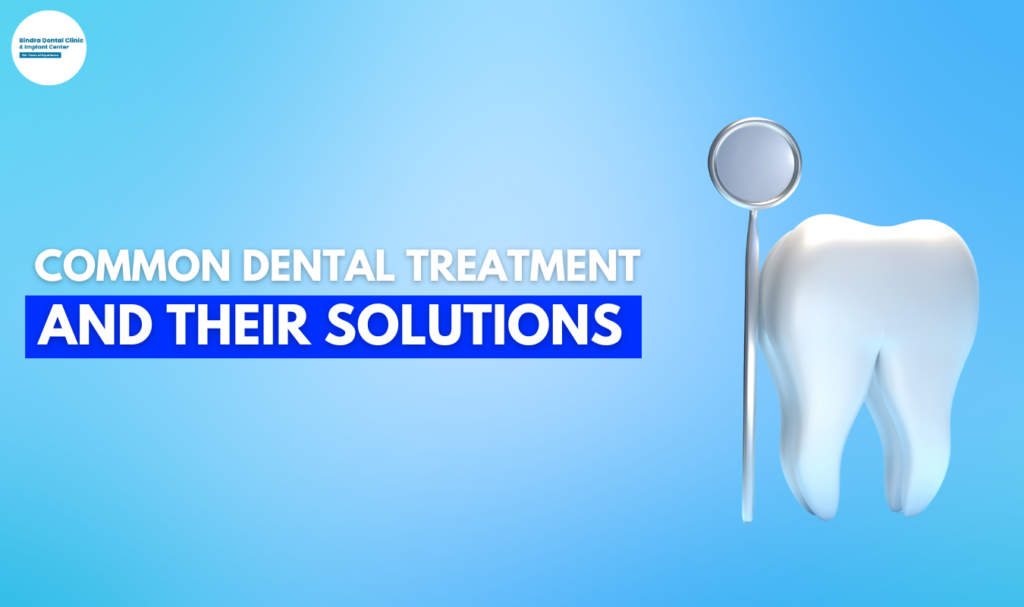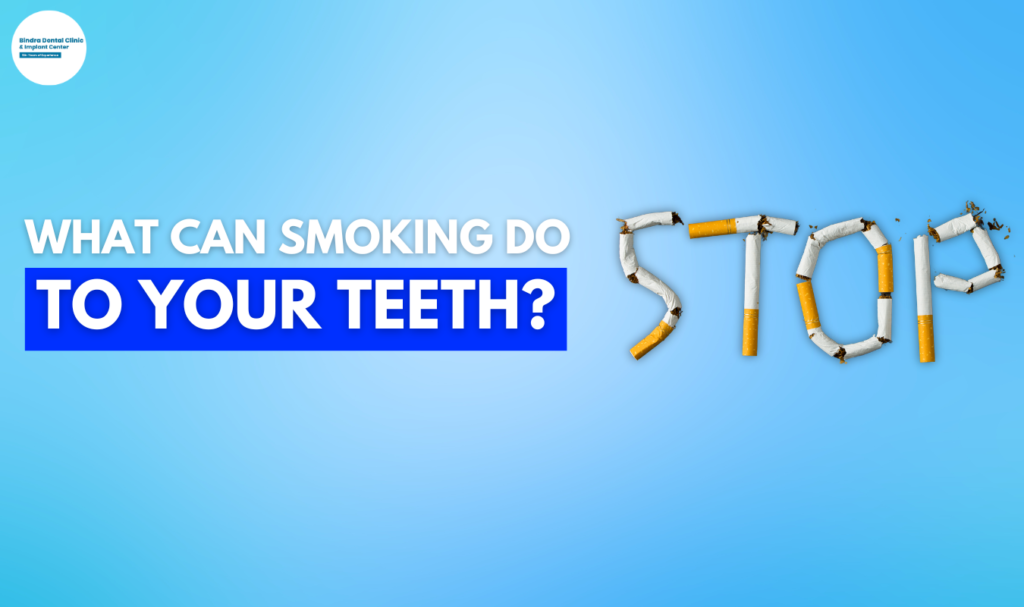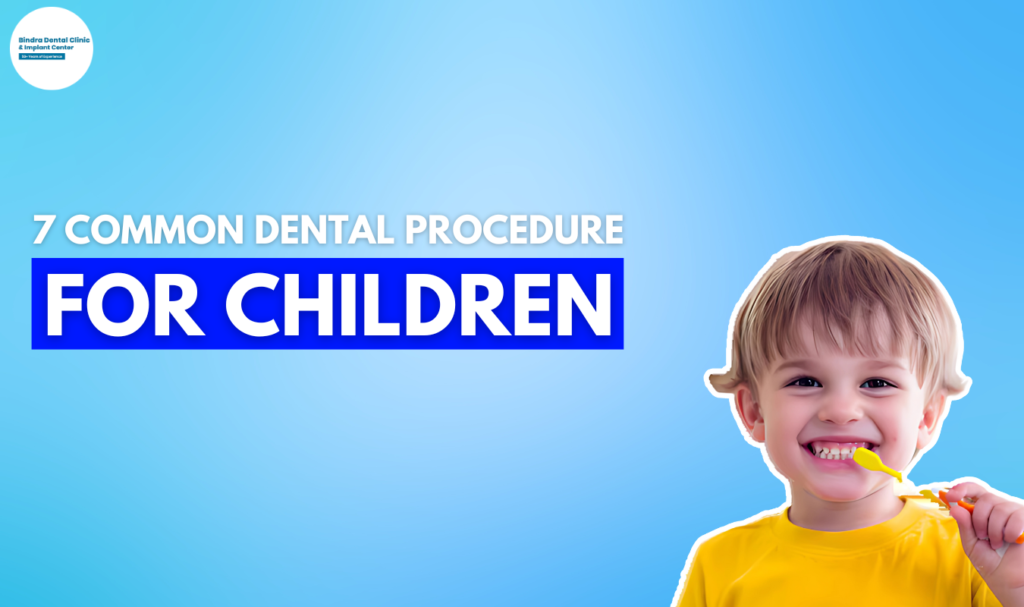Besides affecting your lungs, smoking is also infamous for its effect on your teeth and gums. Some of the effects of smoking on the teeth include: staining that is ugly; periodontal diseases; bacterial buildup that is huge; shrinkage of the gums; and others. The following article looks at the different ways smoking harms your teeth and why quitting should be one of the best decisions one can ever make.
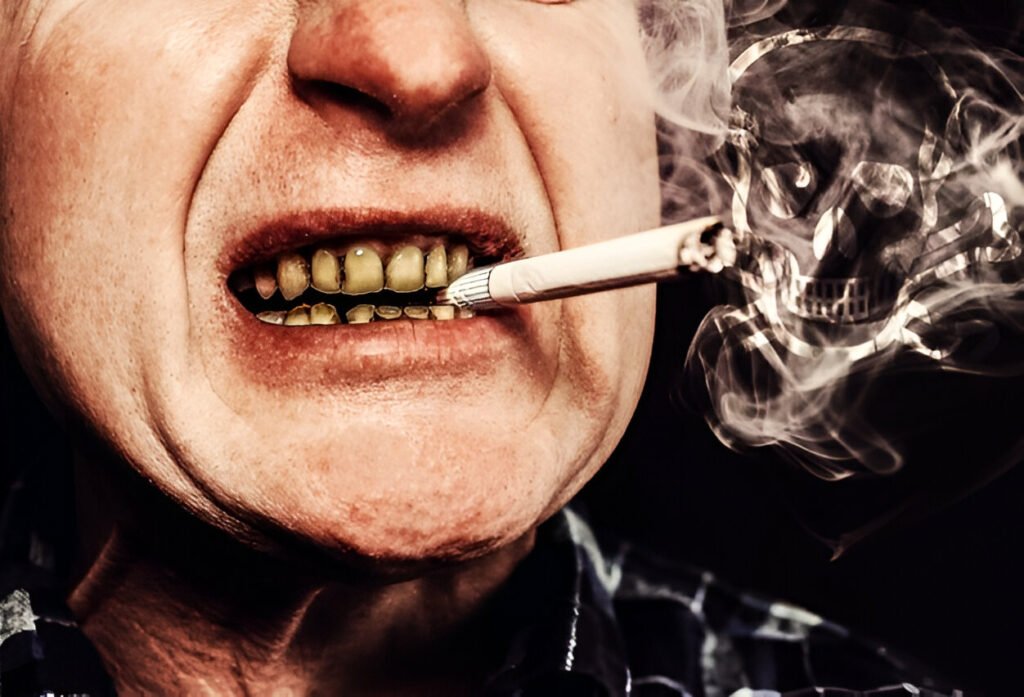
1. Causes Tooth Discoloration
These effects include tissue damage, lung cancer, emphysema, coronary heart disease, and oral cancer, including stained teeth. Cigarettes contain tar, nicotine and tar has a major role to play when it comes to the darkening of teeth. Tar is, of course, a natural shade of dark, while nicotine itself is a colorless liquid that can turn yellow when it has been in contact with oxygen. Combined, they lead to the formation of some yellow or brown deposits on teeth that look like stains. These are tobacco-colored stains that can be hardly bleached by ordinary brushing techniques and may only be eliminated through dental cleaning or bleaching.
2. Grows Tartar And Plaque Formation
Tobacco smoking has an effect to the deposition of calculus and Plaque accumulation on the teeth. Tartar and plaque are biofilms, which, if not cleaned off, turns into tartar, and collects between the teeth: The plaque is a stretch of colorless bacteria that grows on the teeth surface and, in the event that it is not removed, solidifies into tartar. As you will be aware, this does not only give your teeth a rather ugly look but also exposes you to the possibility of Emmotive decay and gum diseases. Post successful smoking, many individuals have been found to have more plaque than non-smokers because smoking lowers the quantity of saliva in the mouth which helps to clear food debris and bacteria.
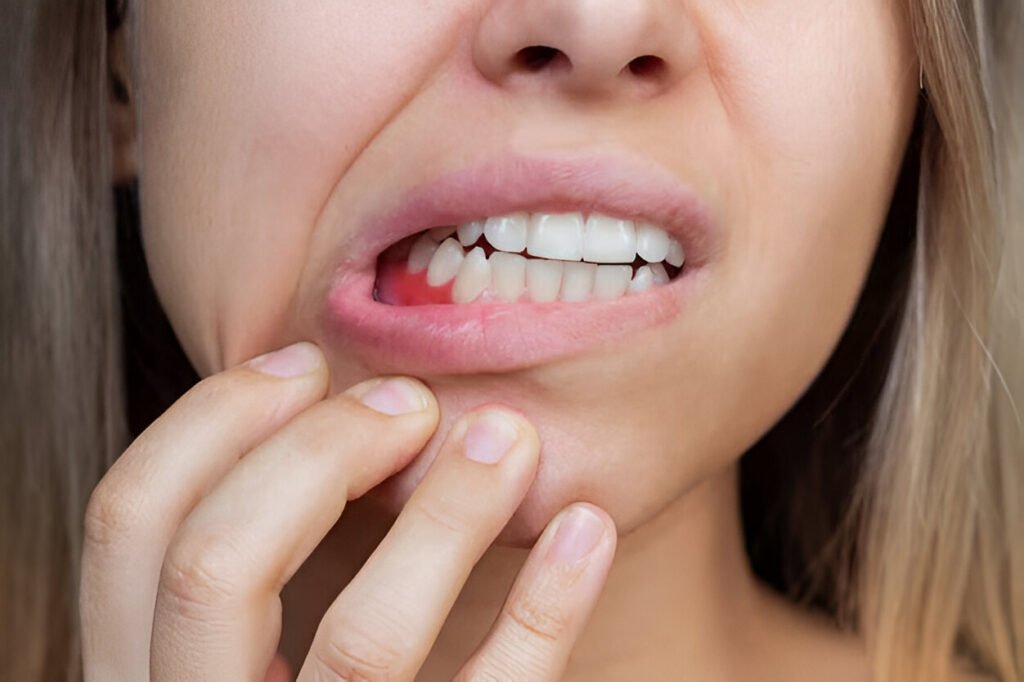
3. Contributes to Gum Disease
Gum disease is one of the worst consequences of smoking on the teeth. Tobacco use kills the taste buds and makes it easier for germs to attack the gums and other parts of the mouth. The smokers are also at a higher risk of developing periodontal (gum) disease that starts with inflammation and can go further to bone loss as well as tooth loss. Some of the signs of gum disease are that you will have bleeding gums and bad breath, and later, the teeth will start becoming loose.
4. Failure to recover after undergoing dental operations.
Any activity that is carried out in the mouth requires more time to heal when a person is a smoker. Whenever one takes cigarettes during a dental treatment, including extractions or implants, they become a hindrance when it comes to the process of healing. Nicotine constricts the blood vessels so these tissues will not receive adequate level of oxygen and nutrients for them to heal, thus people develop infections on their gum or any dental procedures fail.
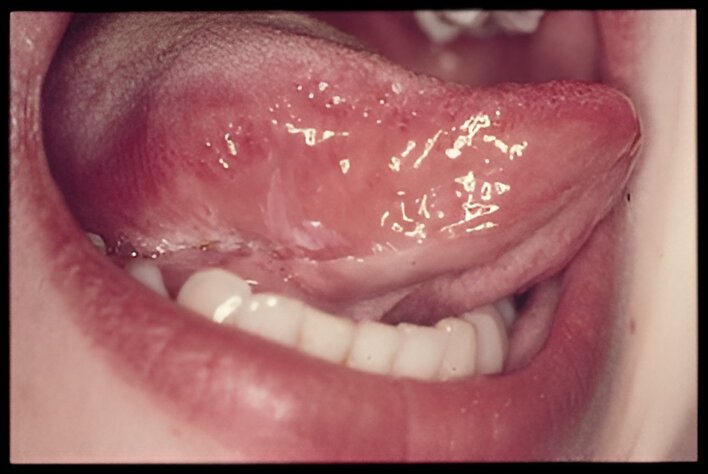
5. Increases Risk of Oral Cancer
Tobacco consumption, either directly by smoking or as a result of breath freshening with oral tobacco, is a major risk factor in oral cancer. Some of these chemicals can actually carcinogen to the cells lining the mouth, hence causing abnormal growths that may lead to cancerous tumors. According to research, smokers are much more at risk of getting oral cancer as compared to those who do not smoke. First symptoms may be easily recognizable as mouth ulcers that do not heal and growths and patches on the mouth lining that are extremely dangerous if untreated.
6. Causes Chronic Halitosis
Last of all, smoking can cause the patient to develop chronic bad breath or more commonly referred to as halitosis. Smoking promotes salivation and leaves a foul taste in the mouth while they dries up the oral cavity allowing odour causing bacteria to proliferate. This can make them remain a significant problem which is not easily solvable through regular brushing or with the aid of a mouthwash.
Conclusion
The consequences of smoking all encompass the look of teeth and the state of oral hygiene as well. From decayed teeth to swollen gums and even higher rates of cancer, smoking is not a beneficial habit. Smoking cessation results in improved oral health and freedom to safeguard your teeth and get that bright smile.




